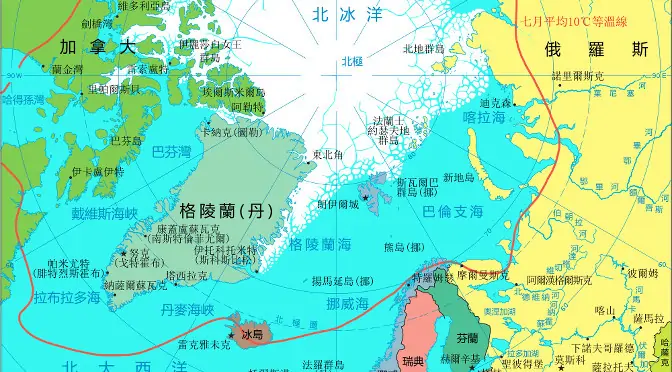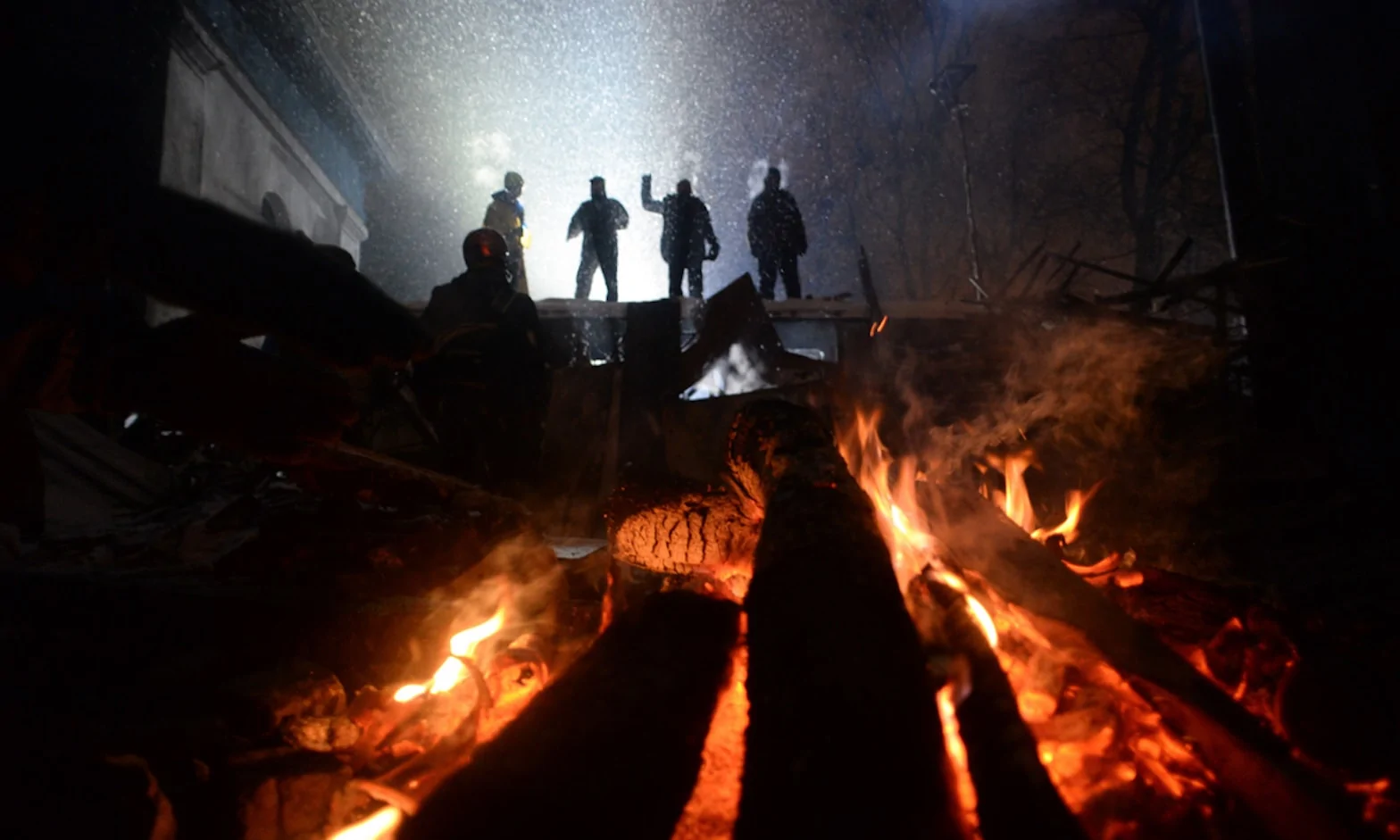Editorial – The paradox of change? Reading through the multiple crowd-sourced articles of the Weekly, what stands out is a perception of an acceleration of change. In itself, each flashpoint or problem is not new, and has been either underlined or monitored for months and even for years for some of them. Yet, when we look at all of them together, then it seems that they tend to become real, accumulate, or worsen in an accelerating way.
We may wonder if the acceleration – assuming it is not “just” a question of perception – does not come from the following phenomenon, among certainly others: despite stressing upcoming changes, these emphases may remain at a very shallow level when those changes are – consciously or not – equated with something undesirable. As a result, real assessment of situations and decisions taken are one step – to be optimistic – behind, done out of past habits. Then, refusal to consider properly ongoing changes ends up accelerating them, possibly in a way that is more adverse than what could have happened. Take, for example, the awareness of the end of the U.S. dominated unipolar world. It has been underlined for years, including in the U.S.:
“With the rapid rise of other countries, the “unipolar moment” is over and Pax Americana—the era of American ascendancy in international politics that began in 1945—is fast winding down.” (Global Trends 2030, Dec 2012 : x)
Yet, when those countries that were known to be part of the new poles of the multipolar world – among them, for example, Russia and China – act accordingly, then surprised outrage results, while complex explanations to crises recede (read for example Oliver Bullough “Stop forcing Ukraine into a narrative of Moscow versus Washington” The Guradian). This immediately puts everyone on an escalating path, considering the power available to all actors in this multipolar world, the aim of the ascending poles to see the changed world happening and the intrinsic escalating power of erroneous explanations and related misunderstandings.
Thus, when change is coming – and it always is – what would matter is not only identifying those changes but also the way actors truly perceive them. From this perception will follow action located on an spectrum ranging from resistance and fear, which will accelerate change and possibly make the result less favourable, to acceptation and ability to seize opportunities to bend changes to one’s advantage. Assuming this hypothesis is correct, then it pleads methodologically for an abundant use of scenarios, simulations and role playing. At the level of analysis, it emphasises, if it still needed to be considering the existing literature on the topic, the importance of the role of perceptions in international politics.
Click on the image below to read the Weekly on Paper.li
Featured image: High speed by By Paolo Neo [Public domain], via Wikimedia Commons.












